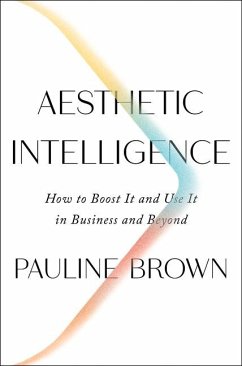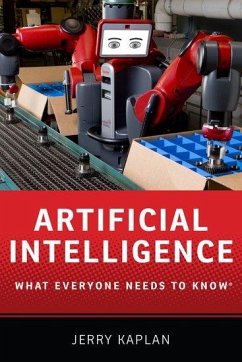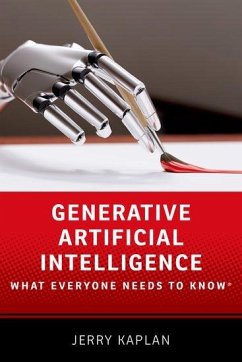
Ethics of Artificial Intelligence
Versandkostenfrei!
Versandfertig in 1-2 Wochen
61,99 €
inkl. MwSt.
Weitere Ausgaben:

PAYBACK Punkte
31 °P sammeln!
As Artificial Intelligence (AI) technologies rapidly progress, questions about the ethics of AI, in both the near-future and the long-term, become more pressing than ever. This volume features seventeen original essays by prominent AI scientists and philosophers and represents the state-of-the-art thinking in this fast-growing field. Organized into four sections, this volume explores the issues surrounding how to build ethics into machines; ethical issues in specific technologies, including self-driving cars, autonomous weapon systems, surveillance algorithms, and sex robots; the long term ris...
As Artificial Intelligence (AI) technologies rapidly progress, questions about the ethics of AI, in both the near-future and the long-term, become more pressing than ever. This volume features seventeen original essays by prominent AI scientists and philosophers and represents the state-of-the-art thinking in this fast-growing field. Organized into four sections, this volume explores the issues surrounding how to build ethics into machines; ethical issues in specific technologies, including self-driving cars, autonomous weapon systems, surveillance algorithms, and sex robots; the long term risks of superintelligence; and whether AI systems can be conscious or have rights. Though the use and practical applications of AI are growing exponentially, discussion of its ethical implications is still in its infancy. This volume provides an invaluable resource for thinking through the ethical issues surrounding AI today and for shaping the study and development of AI in the coming years.













